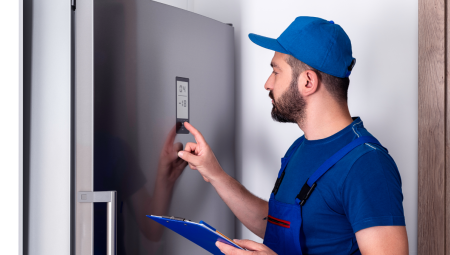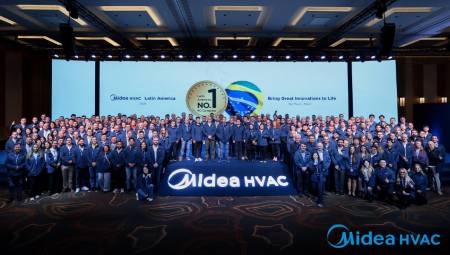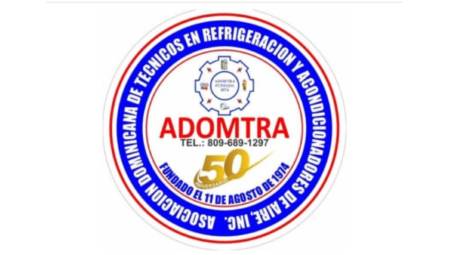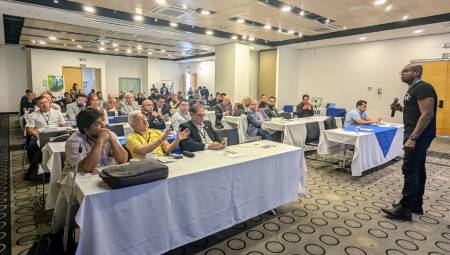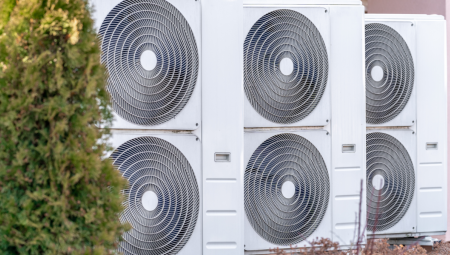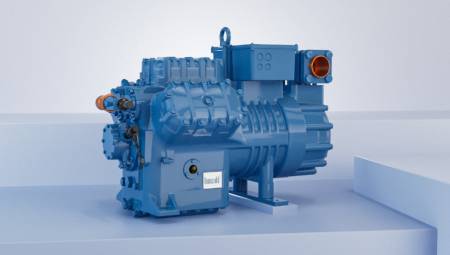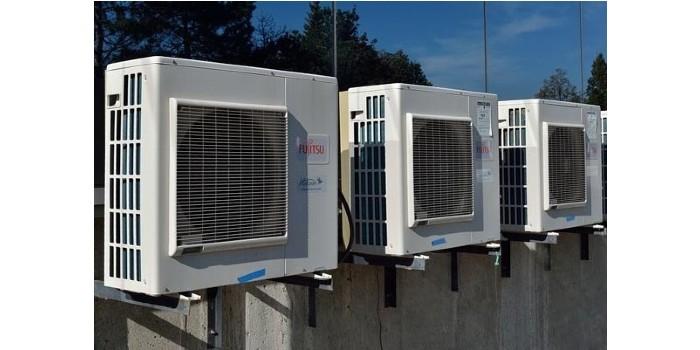 Chile. The Ministry of the Environment of Chile published a series of recommendations on good practices for the operation of air conditioning systems. The document focuses on minimizing the risks associated with SARS-CoV-2, in restaurants, accommodation services, personal services (hairdressing and aesthetics) and retail (retail), public offices, gyms and sports centers, museums, archives and libraries.
Chile. The Ministry of the Environment of Chile published a series of recommendations on good practices for the operation of air conditioning systems. The document focuses on minimizing the risks associated with SARS-CoV-2, in restaurants, accommodation services, personal services (hairdressing and aesthetics) and retail (retail), public offices, gyms and sports centers, museums, archives and libraries.
The contents of these recommendations are based on the document "Coronavirus – Recommended guidelines for the reincorporation of economic and productive activities – Air Conditioning Systems", prepared by the Italian Association of Refrigeration Technicians, Associazione Nazionale Frigoristi (Assofrigoristi; https://www.assofrigoristi.it), facilitated by Mr. Pier Zecchetto of Portan/Nuova Service (www.nuovaservice.cl).
This technical guide contains operational guidelines that are valid for the commercial sector, aimed at providing a brief and immediate tool to implement containment and general prevention measures, which support a model of economic reopening/reincorporation and productive activities compatible with the protection of the health of users and workers.
The indications included are aligned with the national recommendations of Italy, in particular with the protocol approved by decree of the Prime Minister, on April 26, 2020, as well as with the general criteria established in the technical documents produced by INAIL and the Superior Institute of Health (INAIL and Istituto Superiore di Sanità, Goverment of Italy), whose objective is to reduce the risk of contagion between individuals and the community in the productive sectors and economy.
All indications should be understood as complementary to social distancing and hygiene recommendations aimed at contrasting the spread of SARS-CoV-2 in social life.
Restaurants
These recommendations can be applied to any food facility such as restaurants, pizzerias, pubs, pastry shops, ice cream parlors, barbecues, (even if they are within accommodation facilities and shopping centers), as well as for restaurant service (if the service is done through an intermediary, these recommendations should also apply).
Promote indoor air exchange and completely exclude air recirculation for air conditioning systems.
Hosting service
These guidelines apply to hotels, complementary and rural accommodations.
With regard to the microclimate, it is essential to verify the ventilation characteristics of rooms and ventilation systems and their subsequent implementation under adequate maintenance conditions.
- A suitable microclimate requires:
- Ensure natural ventilation throughout the day in all environments; consider openings to the outside, where there are workstations, internal staff or external users (including conference rooms and open spaces); avoid excessive airflows or temperature changes.
- Increase the frequency of air filter maintenance and/or replacement services (can be replaced by efficient air filters).
- With regard to the external air outlet point, it must be ensured that the installations are kept in optimal condition to avoid the appearance of any sanitary problems along the exit and suction points.
- Activate the entry and extraction of air at least one hour before and up to one hour after public access.
- Rooms or windowless service spaces such as archives, changing rooms, bathrooms, among others, but equipped with mechanical fans or extractors, must be kept in operation throughout the working time.
- The connecting areas between the different rooms of the facility (e.g. corridors, transit or waiting areas), are normally equipped with little or no ventilation. Pay special attention to these areas to avoid crowds and adopt measures that allow free transit.
- In installations equipped with specific ventilation systems with external air supply, controlled through mechanical ventilation, completely eliminate the air recirculation function.
- In heating/cooling systems that use heat pumps, such as fan coils (or fan coils), in which it is not possible to guarantee proper conditioning, clean the filters according to the manufacturer's instructions (keep the system stopped), this will allow to maintain adequate levels of filtration and disposal.
- Ventilation windows should be cleaned with microfiber cloths, moistened with soap and water or 75% ethyl alcohol.
- Avoid using and spraying cleaning products such as detergents/disinfectants directly on filters to avoid inhaling contaminants during operation.
Personal services and retail
Indications that apply to the personal care sector, such as hairdressers and beauty salons, and to the retail sector.
Regularly maintain indoor air exchange and eliminate recirculation function for air conditioning systems.
Public offices
These recommendations can be applied to the sector of public and private offices, professional offices and administrative services that have public access.
Regularly maintain indoor air exchange and eliminate recirculation function for air conditioning systems.
Gyms
These indications apply to local organizations and to public and private persons who have gyms, including physical activities with course modalities (without interpersonal physical contact).
With regard to the microclimate, it is essential to verify the ventilation characteristics of air conditioning installations and systems, for their maintenance and / or replacement of spare parts and parts in adequate conditions. A suitable microclimate requires:
- Ensure natural ventilation throughout the day in all environments; consider openings to the outside, where there are workstations, internal staff or external users (including conference rooms and open spaces); avoid excessive airflows or temperature changes.
- Increase the frequency of air filter maintenance and/or replacement services (replace with efficient filters).
With regard to the external air outlet point, ensure that the facilities are kept in optimal condition, to avoid the appearance of any sanitary problem at the exit and suction points. - Activate the entry and extraction of air at least one hour before and up to one hour after public access.
Windowless service rooms, such as archives, changing rooms, bathrooms, etc., but equipped with mechanical fans or extractors, should be kept in operation throughout the working time. - As for the connecting areas between the different rooms of the establishment (e.g. corridors, transit or waiting areas), generally equipped with few or no ventilation systems, special attention should be paid to them because they are very busy areas. Adopt measures that allow free transit or short detentions.
- In establishments equipped with specific ventilation systems with external air supply, controlled through mechanical ventilation, completely eliminate the air recirculation function.
- In heating/cooling systems that use heat pumps, such as fan coils, in which it is not possible to guarantee proper conditioning, clean the filters according to the manufacturer's instructions (keep the system stopped), this will allow to maintain adequate levels of filtration and disposal.
- Ventilation windows should be cleaned with microfiber cloths, moistened with soap and water or 75% ethyl alcohol.
- Avoid using and spraying cleaning products such as detergents/disinfectants directly on filters to avoid inhaling contaminants during operation.
Museums, archives and libraries
These indications apply to local authorities and public and private subjects working in museums, archives and libraries.
Maintain regular indoor air exchange and eliminate the recirculation function for air conditioning systems.
Source: Ministry of the Environment of Chile.




